China, Russia slam installment of US missile system in South Korea
China and Russia have voiced serious concern about the controversial transportation of an advanced US missile system to South Korea, drawing attention to the destabilizing effect of the deployment on an already fraught situation on the Korean Peninsula.
According to South Korean media, the long-planned deployment of the US Terminal High Altitude Area Defense (THAAD) to South Korea began on Wednesday with the arrival of radar equipment and other hardware.
Reacting at a daily news briefing in Beijing on Wednesday, Chinese Foreign Ministry spokesman Geng Shuang called on the US and South Korea to halt the deployment operations.
The spokesman said Beijing had conveyed its serious concern to the US and South Korea over the matter.
Tensions on the Korean Peninsula have significantly spiked in recent weeks. The US, concerned by North Korea’s rapidly-developing missile and military nuclear programs, has sent a strike force and submarine to the peninsula. Pyongyang has said it is ready for war. The two sides have been increasingly trading threats of military action against one another.

Referring to those tensions on Wednesday, Russian Foreign Minister Sergei Lavrov warned against “heavy-handed approaches,” which he said would have many “catastrophic consequences” for the region.
“It is obvious that heavy-handed approaches that are beginning to be mentioned publicly are fraught with catastrophic consequences for the Korean Peninsula and the whole of Northeast Asia,” he told the annual Moscow Conference on International Security (MCIS).
Specifically referring to the deployment of the THAAD, the Russian foreign minister said, “An extremely destabilizing factor remains the forced deployment of US THAAD systems, a component of the US global missile defense, in the south of the peninsula.”

Also present at the MCIS was Iranian Defense Minister Brigadier General Hossein Dehqan, who delivered a speech at the event.
Dehqan used his speech to warn against the escalation of tensions on the Korean Peninsula. “We are of the opinion that if the Korean Peninsula crisis slides toward war, it would have destructive and global consequences,” he said.

The start of the operations to deploy the THAAD at a time of increased tensions specifically serves to complicate the situation.
The US missile system is being installed in Seongju in South Korea’s North Gyeongsang Province.
Ten protesters injured in South Korea
The plans to install THAAD have long faced opposition from South Korean people, as well.
Scuffles broke out between police and protesters in Seongju on Wednesday as pieces of equipment from the THAAD missile system began arriving at the designated site.
An organizer of local protests against THAAD in Seongju told Reuters that more than 10 protesters were injured during the clashes with police.
The protesters threw water bottles as military trailers carrying large units, including what appeared to be launch canisters, drove into the planned battery site.
Hezbollah: 47 years of Iranian progress proof of ‘abject failure’ of Western plots
Iran’s Larijani meets Qatari emir amid nuclear talks with US
VIDEO | 47th anniversary of Islamic Revolution celebrated at Iran's Embassy to Holy See
VIDEO | Sana’a marks February 11 anniversary with mass rally at US embassy site
VIDEO | Iran’s Embassy in Ethiopia celebrates 47th anniversary of Islamic Revolution
Saudi leaders congratulate Iran on 47th anniversary of Islamic Revolution
VIDEO | Iranian embassy in Malaysia celebrates Islamic Revolution anniversary
VIDEO | Press TV's news headlines


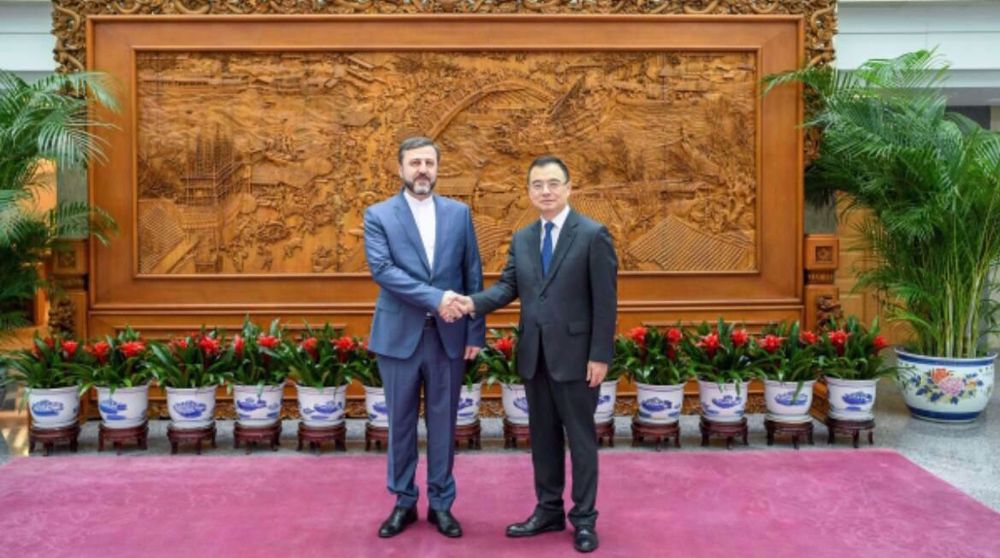

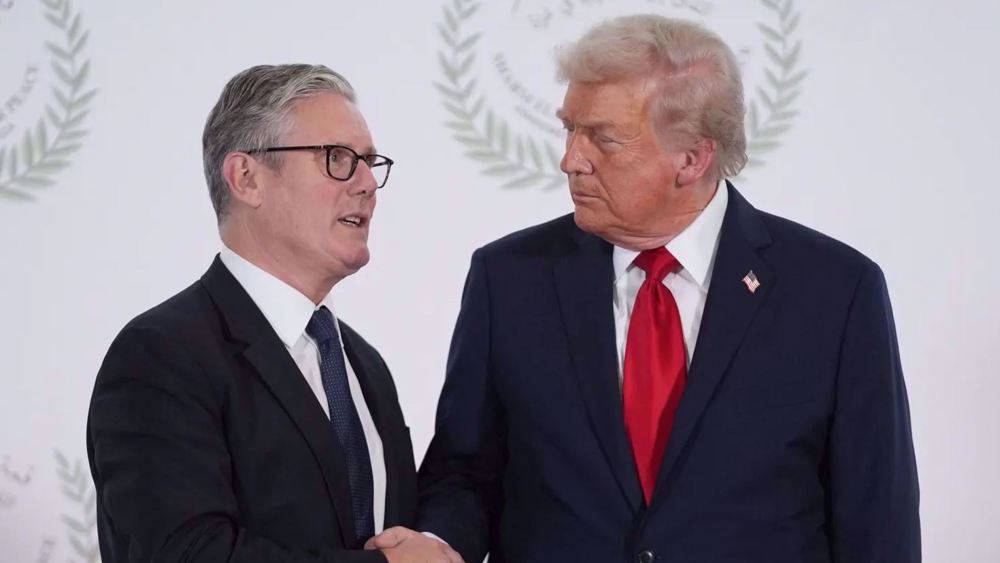



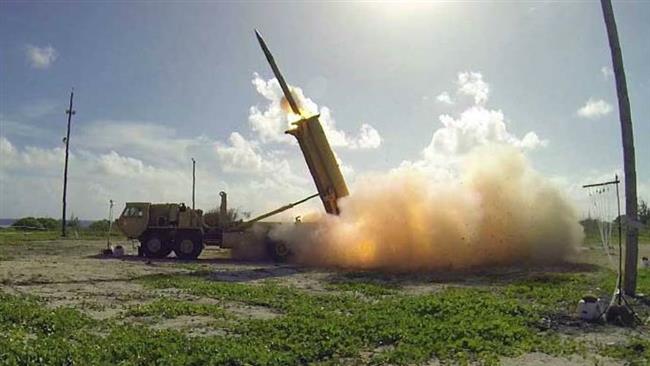

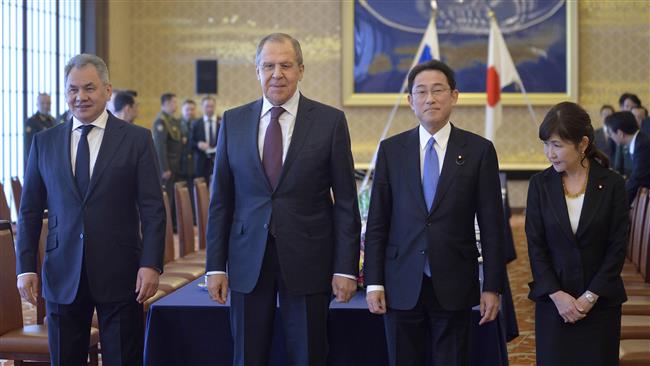

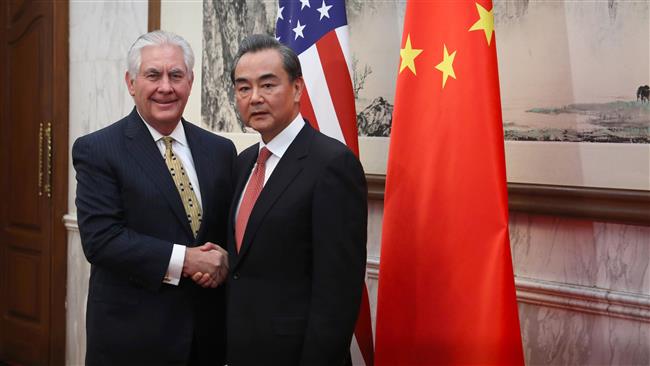

 This makes it easy to access the Press TV website
This makes it easy to access the Press TV website